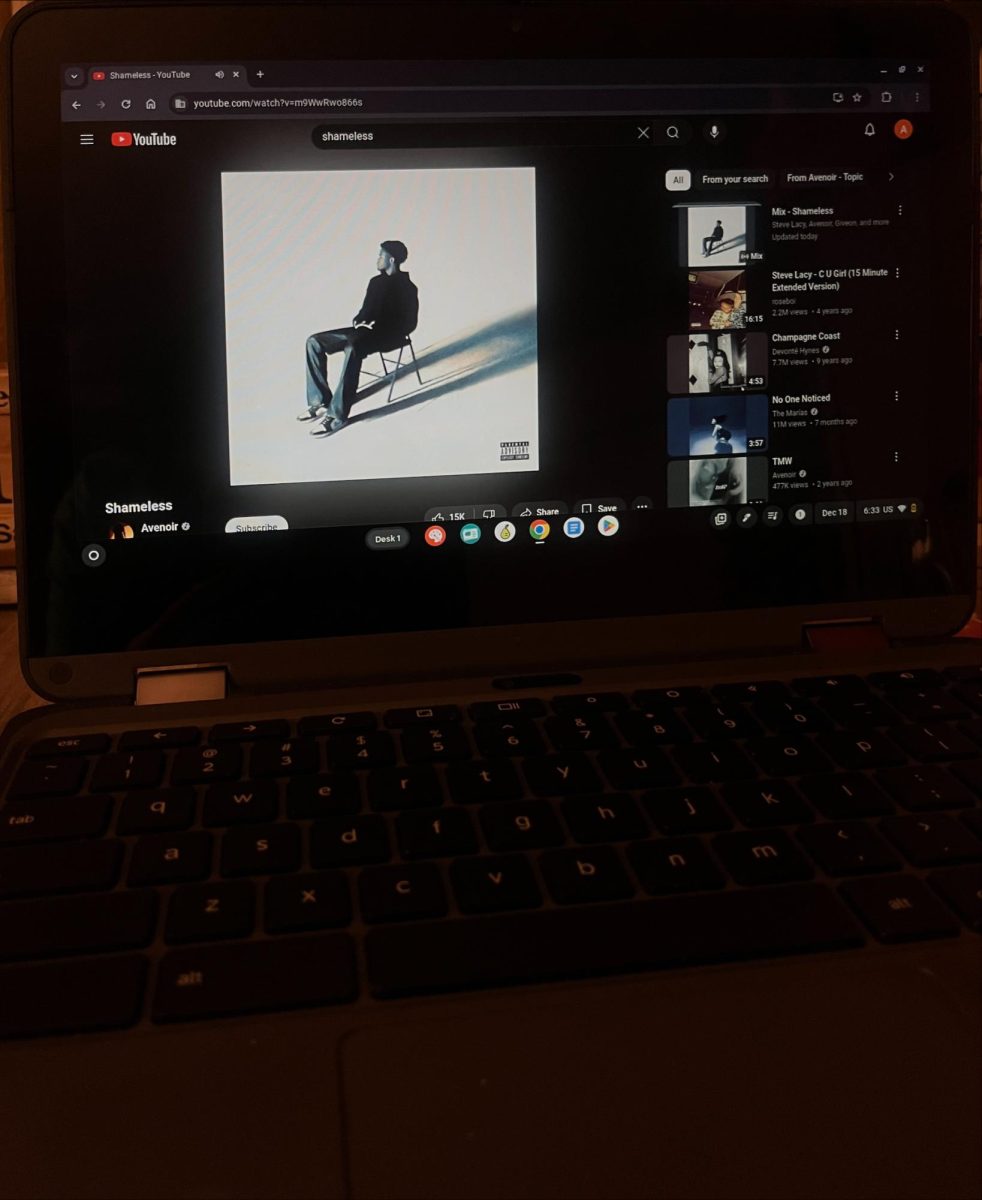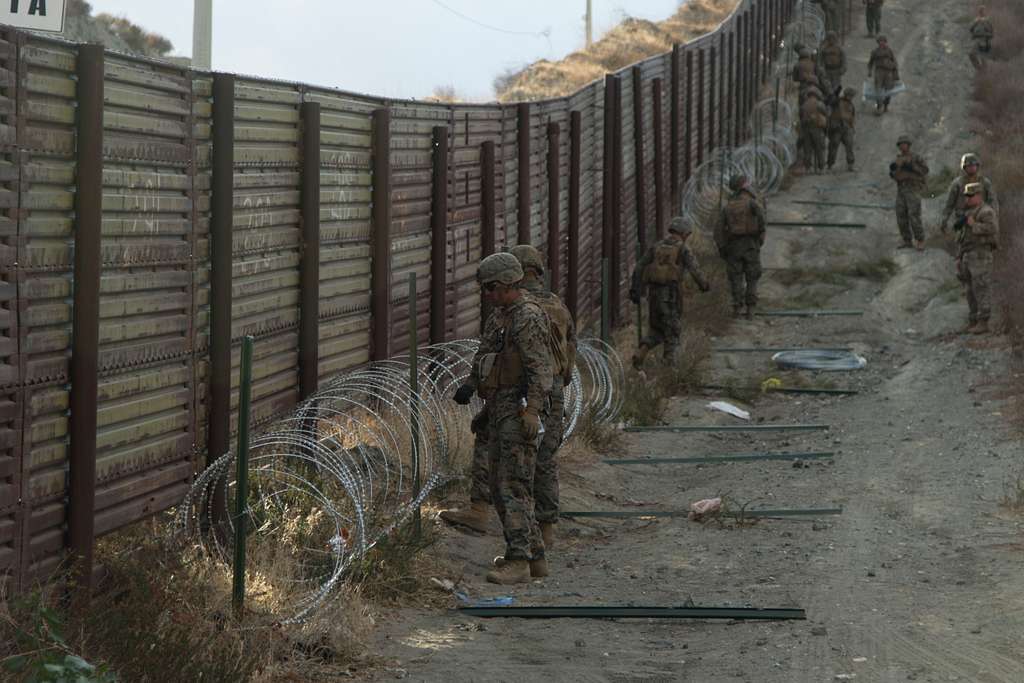Sleep deprivation in schools

Screenshot taken of the clock showing the time.
November 1, 2022
With the pressure of turning in homework, projects and preparing for tests, students tend to stay up into the late hours of night to finish up or catch up on their work. Whether those students have extracurricular activities that require them to stay up late to catch up on their homework or not, students on their own volition stay up until the later hours of the night. Students who have a lot of academic classes with a lot of homework also tend to stay up late in the night. Stress because of their activities or the classes they might have can also be a factor into why they are losing sleep.
With the loss of sleep, students will have a slower thinking process, reduced attention span, lack of energy, poor decision-making skills, and mood changes. It may also lead to students not paying attention in class and a lack of interest in doing their work or even rushing it, which may make their stress worse. As stated by sleepfoundation.org, “Acute sleep deprivation raises the risk of unintentional errors and accidents. Drowsy driving, which involves slowed reaction time and the risk of micro sleeps, can be life-threatening. People who are sleep deprived are more likely to struggle in school and work settings or to experience mood changes that may affect personal relationships.”
Even with some teachers being lenient and not giving so much work to students, the teachers that do that are few, and even then, work can feel daunting. This causes students to feel stressed, as keeping their grades up will hold their future, and said stress leads to trouble sleeping and sleep loss. Losing a great amount of sleep is not healthy for anyone, especially teenagers, considering all the symptoms and other possible increases in health risks, mentally and physically. Though the later starting time that has been implemented allows students to gain more sleep, as the regular school day starts at 8:30, or around 7 o’clock if you have a 0 period, it pushes back the time for the end of the school day and results in less time for other responsibilities to get done during the day. People that have extracurricular activities later in the day push back the amount of time they have to do tests, homework or projects.
Whether students have a lot of stressors that keep them up, or not, they stay up due to their own volition because that is what they have decided to do with their time. That being said, it doesn’t mean that students are irresponsible with their time management or work, it just means that students can be stressed to the point of having trouble sleeping, needing to catch up on work, or simply lacking the desire to sleep due to everything going on. A lot of factors can be in play when it comes to why students are sleep deprived. There are even more reasons other than stress or procrastinating sleep, but that doesn’t mean that outside factors to their well-being cannot affect their sleep.






